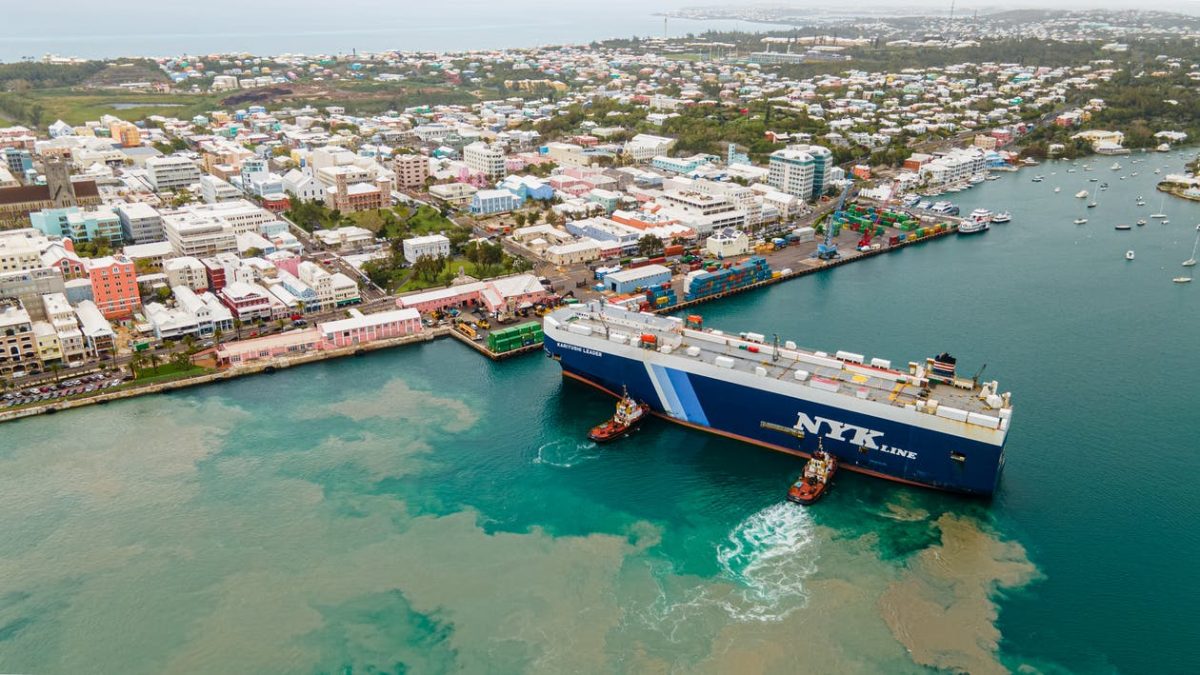Importance of Bill of Lading-Infographic

The expansion of international trade for as early as the medieval times led to the development of a system to help merchants keep track of the conditions of goods, as well as to validate its time and location of loading. Over the course of history, this system of validation in the form of receipt has played a major role in the modern world of commerce and is now widely known as a bill of lading or BOL.

What is Bill of Lading?
Bill – refers to a written or printed statement indicating the cost of products or services delivered or to be delivered.
Lading – the action or process of putting cargo on a ship or vessel.
Understanding these two terms provide an overview of the actual definition of a bill of lading:
A document issued by a carrier that serves as a receipt for the cargo being shipped. It contains vital information about the goods, such as the type, quantity, and destination. In international trade, a bill of lading can be considered as a legal transportation contract acknowledging the agreement between the carrier and the shipper on movement and delivery of goods.
The Purpose of Bill of Lading
- The bill of lading is an essential document that is used to certify that a contract has been made tocarry out a transportation service to a specific number of goods. Losing this receipt can mean a lot of trouble, especially for many businesses, as it can hinder the arrival of the products to its receiver.
-
- The document also serves as a proof to confirm that the goods match the description listed on the paperwork, indicating its original condition before the transportation process.
- The bill of lading can be used to identify the person who paid for the freight charges and customs fees, as well as the one responsible or liable for transferring the goods from the sender to the receiver.
Common Details Listed on a Bill of Lading
- Piece count (the total number of boxes, skids, or cartons to be delivered).
- Description of the goods.
- Shipper’s and consignee’s names together with addresses.
- The date of the shipment.
- The exact weight of the shipment.
- Any special requirements for transportation and delivery.
- Any instructions given by the shipper to guarantee safe and prompt delivery.
- Account numbers for order tracking.
Key Takeaways
Transporting a large number of goods, especially for business purposes requires a bill of lading with accurate information to ensure a seamless process and keeping the ideal condition of the goods at the same time. For those who wanted to experience an organized issuance of bill of lading, it is recommended to seek the help of a Non-Vessel Operating Common Carrier (NVOCC).
Excelsior Worldwide Freight Logistics conducts free orientation for those who are willing to learn. It is our advocacy to share our knowledge & experience worth more than a decade in the business. Visit our website today at www.excelsior.ph to learn more about our service.
Sources:
